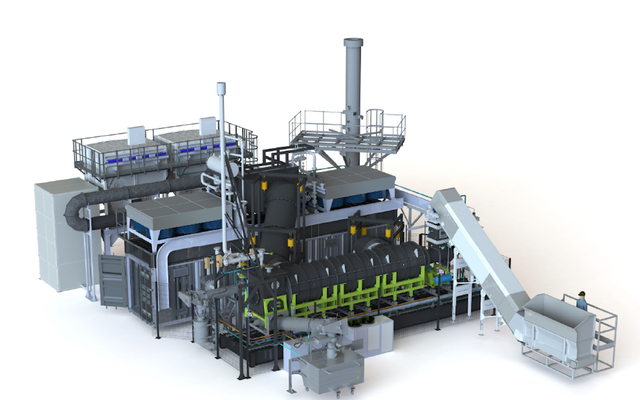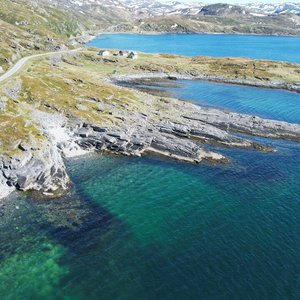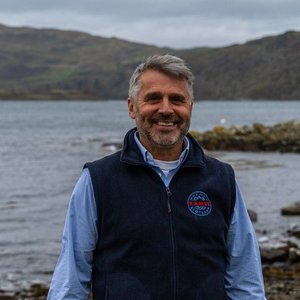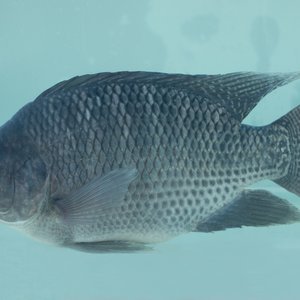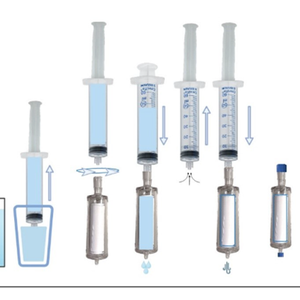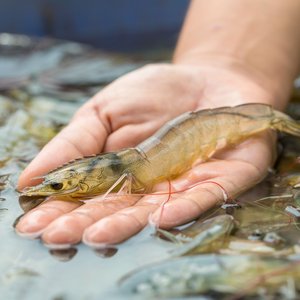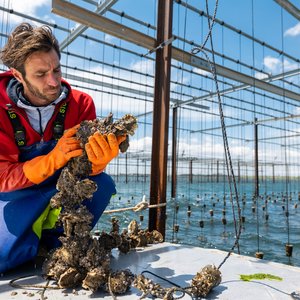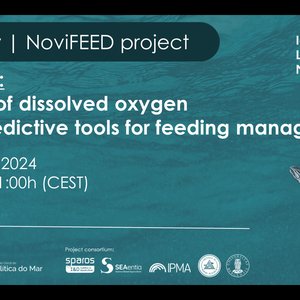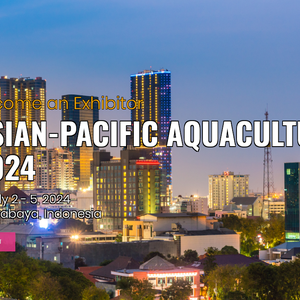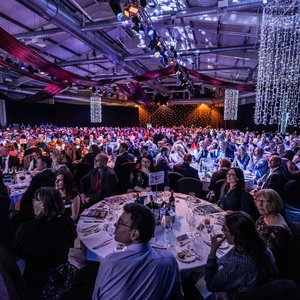Icelandic consortium has received a EUR 6.3 million grant from the Environment and Climate Program of the European Union, LIFE, to support the four-year project Terraforming LIFE. It is a joint project of Landeldi hf., the Farmers' Association, Orkidea, Olfus Cluster and SMJ from the Faroe Islands and associates Blue Ocean Technology from Norway.
The project aims to develop a new method to produce fertilizer and biogas made from the organic waste that is produced from aquaculture on land and agriculture. This is done through sludge treatment and pyrolysis technology from Blue Ocean Technology, a system that also enables efficient carbon capture. It strengthens the circular economy of domestic food production while reducing the carbon footprint and promoting a significantly more positive environmental impact in both agriculture and aquaculture. Pyrolysis is the only established and recognized method for carbon-negative effects.
Runar Thor Thorarinsson, project coordinator and representative of Landeldi, underlined the importance of extensive collaboration. “This includes an extremely exciting opportunity for the utilization of organic side streams from fish farming on land. The products will benefit the Icelandic cycle system and improve the environmental impact of aquaculture by producing not only fertilizer for agricultural production but also carbon-neutral fuel, electricity and heat.”
Gunnar Þorgeirsson, chairman of the Farmers' Association, believes that the project supports the resilience and independence of Icelandic agriculture and food production. “One of the biggest challenges we farmers have faced in recent years has been the huge increase in fertilizer prices. This project will reduce its impact by increasing the availability of domestic fertilizers. Farmers are excited about the project, as they want to be at the forefront of developing solutions to the climate problem, and the project reduces agriculture's ecological footprint.”
“The project involves a lot of knowledge and technology development for the implementation of the circular economy, which gives us all very exciting possibilities and opportunities for innovation and business development in South Iceland,” said Sveinn Adalsteinsson, manager of Orkidea.


